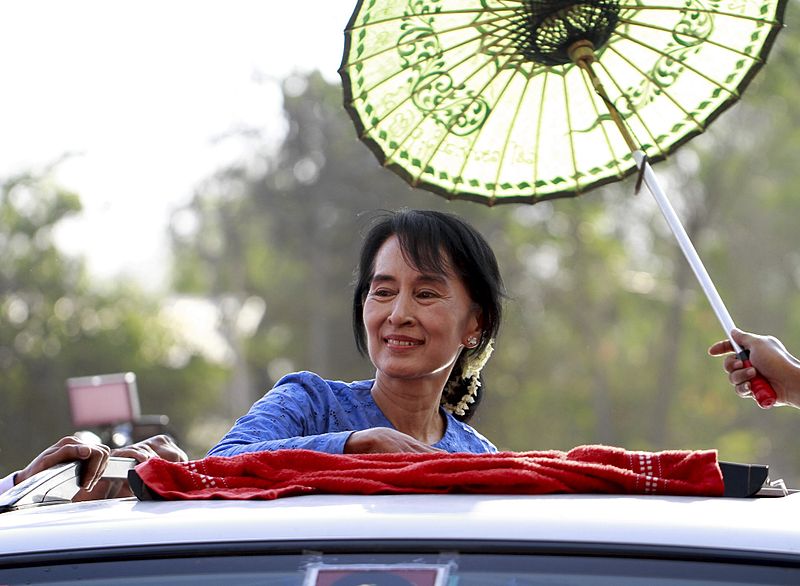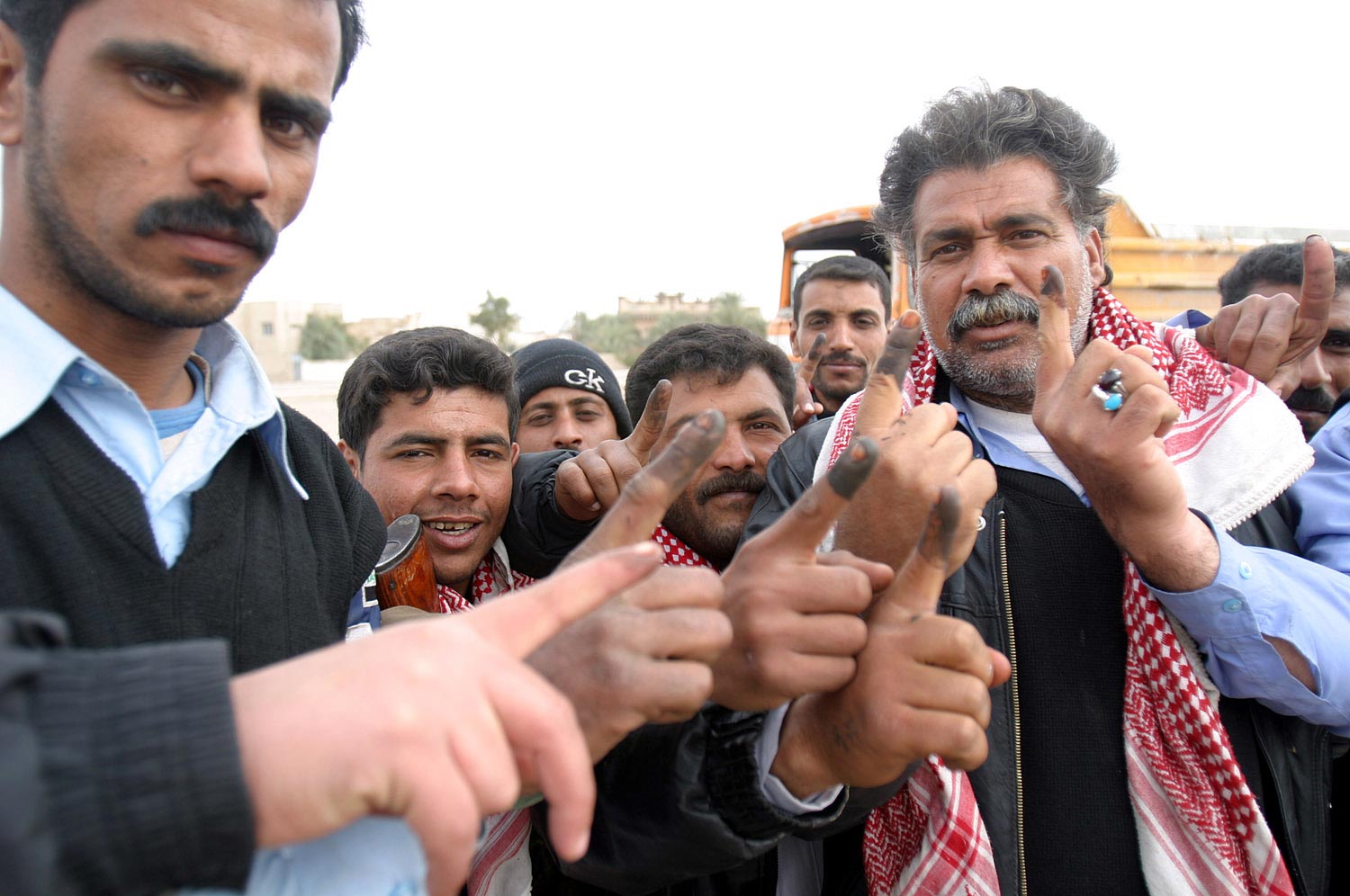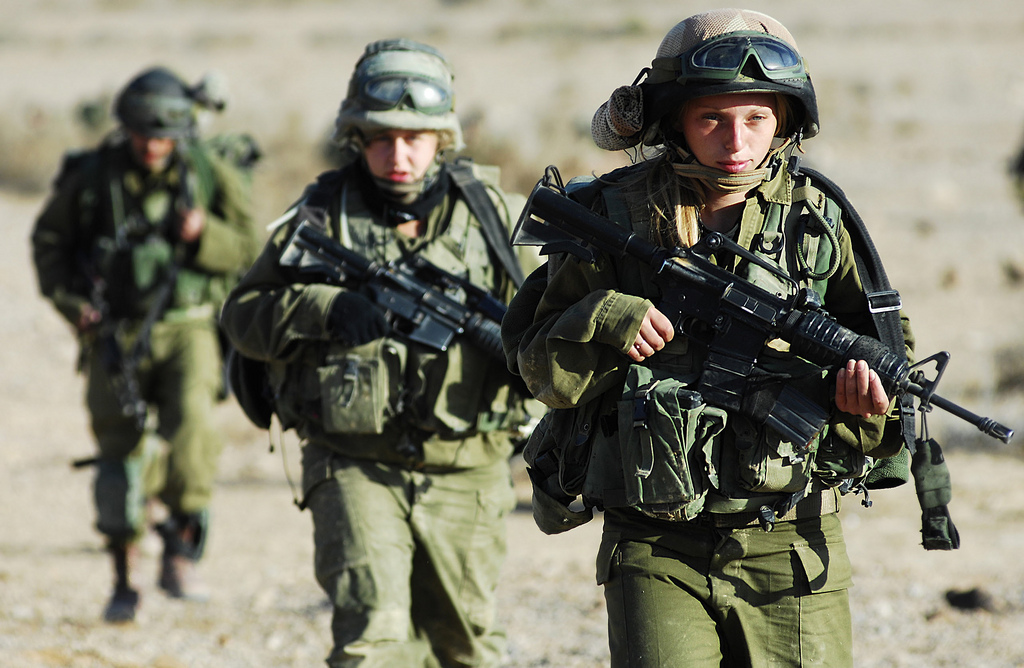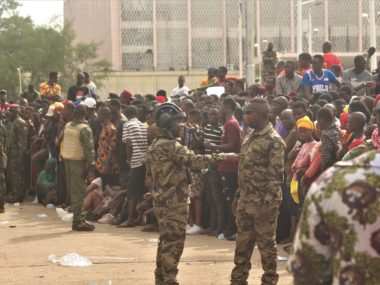Guest post by Luke Sanford
Myanmar has largely fallen off the international newsfeed despite Aung San Suu Kyi’s December 18th announcement that her party plans to boycott the 2015 elections. A flurry of reports late last year seemed to indicate that Suu Kyi would be willing to agree to a change in the country’s electoral systems in exchange for being allowed to run for president.
One of the puzzles surrounding this tug-of-war has been the relative silence from ethnic minorities in Myanmar about the possibility of an Aung San Suu Kyi presidency. Why such little enthusiasm?
I think there are at least three reasons why ethnic minorities have kept quiet.
- While Suu Kyi is made out to be universally adored in Myanmar, it is unclear if she would be significantly better for minority groups than the current regime. If she wins the 2015 election, her main goal will be to accommodate the demands of the military and the country’s 70% ethnically Bamar population. As a result, Suu Kyi doesn’t have a strong incentive to work for minority inclusion. Even if Suu Kyi were to govern in favor of semi-autonomy and political inclusion, ethnic minorities would be extremely hesitant to agree to any deal that might weaken them by forcing them to lay down arms.
- A shift from a First Past The Post (FPTP) to Proportional Representation (PR) voting system is probably not a good thing for minorities. This is because a system that elects representatives regionally benefits geographically concentrated minority groups, meaning that they can get a few representatives in. A PR system, however, limits representation to the percent of the vote that a group receives, meaning all but the Shan and Karen would be stuck with less than 5% of the vote. This means that minority groups may calculate that they have more to gain from continuing to fight a war of attrition than from seeking political inclusion. If the military sees its role diminish after 2015, look for minority groups that seek to demonstrate their resolve to re-escalate their conflicts.
- Current president Thein Sein is on his way out. Ethnic groups almost certainly recognize that any deal they make now will be almost meaningless as 2015’s new leader works to consolidate power among the Bamar population and shore up military support. What incentives do future leaders have to uphold the promises of the current government? I can’t think of many.
This doesn’t paint a hopeful picture for the inclusion of ethnic minorities, even with the relative success of democratization and the optimism surrounding the 2015 elections. All the reasons that prevented inclusion over the past 50 years still exist: Sein’s inability to commit to military inaction, the dangers that discourage minority disarmament, and the uncertainty surrounding the results of the 2015 election. The relative peace in Myanmar today is reflective of Sein’s goodwill, but will probably not last through 2014, and almost certainly not beyond the 2015 election. If Suu Kyi manages to win the election, and even if she wants to push for political inclusion, minorities are unlikely to accept the conditions necessary for such a deal.
Luke Sanford is a Master of Pacific International Affairs candidate at the School of International Relations and Pacific Studies, University of California, San Diego.
Correction: Due to editorial error, this post originally included additional material which was written in mid-December 2013 and is now outdated. We regret the mistake.








3 comments
DASSK did not announce that the NLD would boycott in 2015 conditional on a constitutional revision. Even in the article you cite, she made suggestive comments, and then said that the NLD was not decided on whether to run. But then a few weeks later, announced quite the opposite. http://www.washingtonpost.com/world/suu-kyis-party-to-contest-2015-burma-elections/2013/12/28/db531e4e-6fe7-11e3-a523-fe73f0ff6b8d_story.html
The formation of the Federal Union Party in June 2013 from among the 15 ethnic parties also suggests that there are movements to prepare for a possible shift to PR, and the demand for ethnic representatives on the electoral commissions suggests that ethnic groups and parties are far from silent on the prospects for the 2015 elections. In addition, several ethnic parties *supported* a move to PR. In principle, though, the question is moot since the parliament would have had to approve a shift to PR by the end of 2013 according to their own rules.
Thank you for your comment. After your post our team realized that we had mistakenly posted additional material written in mid-December, which was now outdated and not intended to be published.
Sarah,
Thanks for your comments. I wrote this piece, and while I find what is happening in Myanmar fascinating, I am certainly not an expert. You are absolutely right about ASSK’s current stance on whether or not she will run–it seems like the boycott threat was the first in a series of maneuvers leading to her candidacy (assuming the charter gets changed so she can). What I found interesting is the lack of coverage of these events by mainstream international media.
In terms of ethnic minorities, they are certainly preparing for a possible shift to PR, but I have a hard time envisioning a world where PR makes them strictly better off. There are arguments for strategic voting or coalition-building, but the number and diversity of interests seem to check against this. I’m also not convinced that a shift to PR before 2015 is now impossible. It seems like if Thein Sein plans to amend the constitution to allow ASSK to run, he would simultaneously announce a shift to PR if that was what the government intended.
The sad news is that uncertainty will persist both before and after the election and probably prevent a long-term settlement between ethnic minorities and the government.